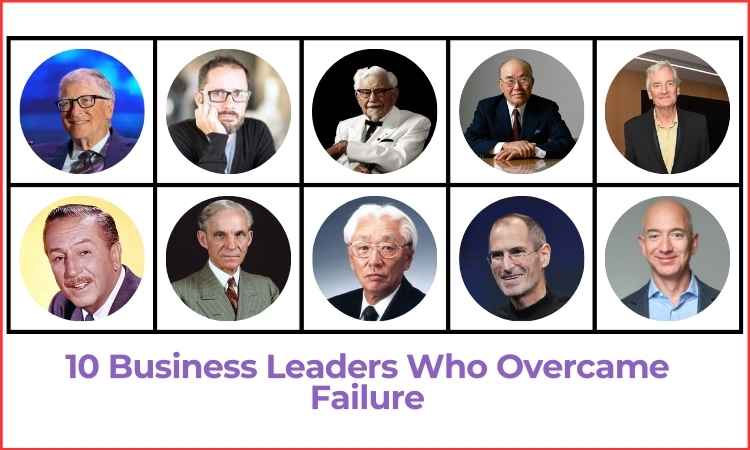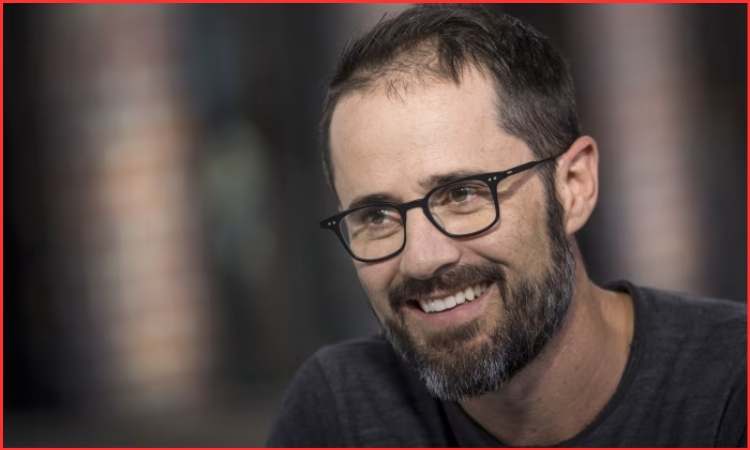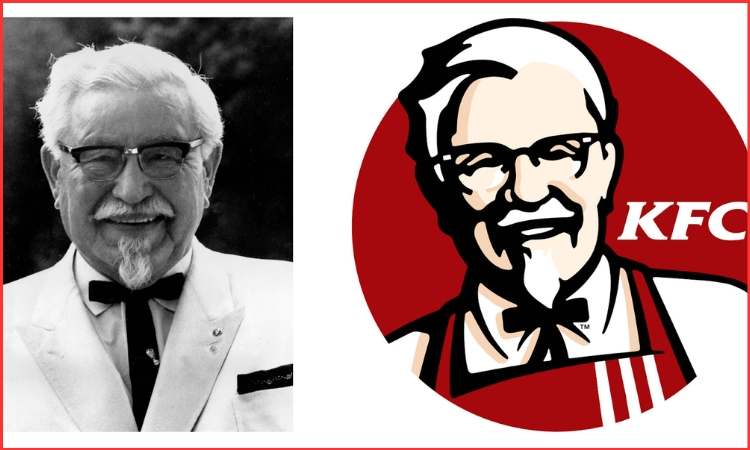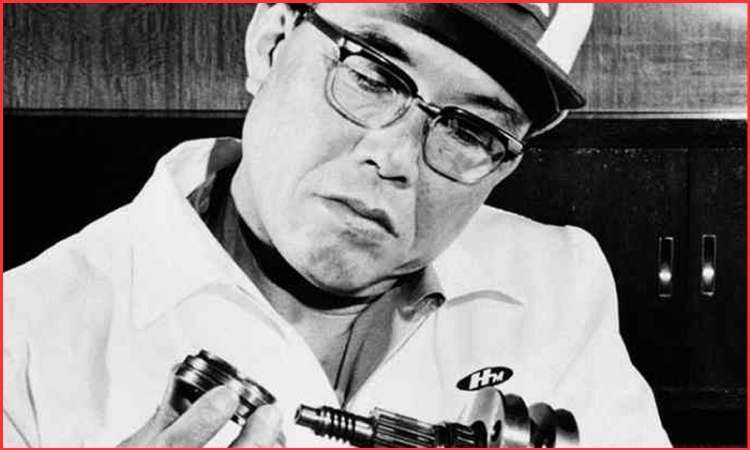
Image credit: Doers Empire
There is no sugarcoating it; building a company is tough. The constant mumbling about the failure rates of startups only amplifies the feeling of being overwhelmed even before you straddle the starting blocks.
Realizing an idea as a thriving business demands nothing shy of laser focus, strategic planning, and unyielding persistence. All these responsibilities weigh down on someone who is responsible for a team, as they all depend on you—the pressure goes up a notch.
But so here’s the thing: failure is an integral part of the process. Going through the whole journey, I have come to recognize that the most challenging moments—the failures, the doubts, the almost burnouts—tend not to be the end of it all but rather speed bumps. When one is committed to that single vision, those low points eventually transmute into stories energizing your growth.
Don’t get bogged down with what might go wrong. Use those fueled. That way, you will believe that whatever lies ahead, however uncertain it looks, is capable of producing something good, because it is.
If you are feeling down, just remember: even the greatest have failed at times. You are not alone—there’s really plenty of company with you. Here, we discuss 10 business leaders who overcame failure.
List of 10 Business Leaders Who Overcame Failure
| Sr. No. | Business Leader’s Name | Successful Company |
| 1 | Bill Gates | Microsoft |
| 2 | Evan Williams | |
| 3 | Colonel Sanders | KFC |
| 4 | Soichiro Honda | Honda |
| 5 | James Dyson | Dyson Vacuums |
| 6 | Walt Disney | Walt Disney Company |
| 7 | Henry Ford | Ford Motor Company |
| 8 | Akio Morita | Sony Corporation |
| 9 | Steve Jobs | Apple |
| 10 | Jeff Bezos | Amazon |
Business Leaders Who Overcame Failure
Bill Gates

Failure: Traf-O-Data
Success: Microsoft
Have you ever driven over one of the strange black cables running across the road that thump-thump under your tyres? That’s traffic being counted, and believe it or not, a young Bill Gates has something to do with it.
In fact, Gates, together with his friend Paul Allen, set up Traf-O-Data in the first place to collect and analyze traffic data for city planners and engineers. Well, the idea was good, but the venture flopped.
Here is the twist: instead, this was a stepping stone heralding failure for Traf-O-Data. The experience was Gates and Allen trying their hands at building hardware, writing software, and solving practical problems—all essential to laying the groundwork for what would grow into Microsoft in its early stages of development.
So while Traf-O-Data never took off, it did pave the way for something much greater. The lesson: not all bad ideas lead nowhere; some are simply rough drafts of your big breakthrough.
Motivation Secret: “It’s fine to celebrate success, but it is more important to heed the lessons of failure”
Evan Williams

Failure: Odeo
Success: Twitter
Bulls and bears: Evan Williams, an impending star, has had his share of boom and doom in the startup world. He had played the role of a hired gun for some of the bigger names out there, including Intel and HP, and Pyra Labs, which he set up to develop Blogger, was sold to Google.
Early in 2004, Williams departed Google to set up Odeo-to-zine on podcasting. But things went badly wrong. Shortly thereafter, Apple dumped podcasts into iTunes, almost making Odeo obsolete overnight. This was a potential deal-breaker altogether—another big idea crushed by timing and competition.
He changed gears instead. He and his team shifted gears and co-founded Twitter, a communications platform destined to change the way the world communicates. He was CEO as of 2008, and in a matter of a few years, Twitter was ranked among the top five most-visited websites in the world, with hundreds of millions of users.
When Twitter went public in 2013, there was speculation that Williams held as much as 35 percent of the company’s shares—the biggest turnaround from all the setbacks he had faced before.
His story shows that failure doesn’t make you; it is how you deal with failure. Sometimes, what seems to be the end of the road may just be a detour toward something much bigger.
Motivation Secret: “When I meet with the founders of a new company, my advice is almost always, ‘Do fewer things.’ It’s true of partnerships, marketing opportunities, anything that’s taking up your time. The vast majority of things are distractions, and very few really matter to your success”
Colonel Sanders

Image credit: Wallpapers.com
Failure: A lamp manufacturing company and a rejected recipe
Success: KFC
Colonel Harland Sanders did not come to fame overnight. His secret chicken recipe was rejected by countless restaurants before KFC was formed. He started with a little restaurant where customers loved his cooking. Believing in his recipe, he sold the restaurant and then set off trying to establish a franchise, often sleeping in his car in the face of rejection. But he kept on going. In 1964, after a long struggle, Sanders sold his business for $2 million and became the worldwide face of KFC. His journey tells us how perseverance pays and that success is always attainable, even if it comes very late and after a count of setbacks.
Motivation Secret: “I’ve only had two rules: Do all you can and do it the best you can. It’s the only way you ever get that feeling of accomplishing something”
Soichiro Honda

Image credit: LinkedIn
Failure: Rejected from engineering
Success: Honda Automaker
Absolutely unbelievable, but this is true: Soichiro Honda, the founder of the world’s largest motorcycle company, was once rejected by Toyota for an engineering position. Of course, he did not give up. He made rejection a driving force to motivate him. He started making scooters in his garage and selling them to neighbors and friends. They would encourage him, and he would keep it going and eventually start Honda. He began from a very small base, and this transformed into one of the biggest and most prosperous automakers in the world. His journey dedicatedly reminds people that rejection is not the end; rather, it can ignite greater things.
Motivation Secret: “Success represents the 1% of your work which results from the 99% that is called failure”
James Dyson

Image credit: Dyson India
Failure: Face the rejection over 5000 times
Success: Dyson Vacuums
James Dyson’s pathway to success was certainly not smooth. Attempts at vacuum cleaner design over 15 years resulted in 5,126 failed prototypes. Yet rather than abandon his task, he chose to learn from every failure and improve upon his invention with a relentless spirit. When he finally got it right, his product changed the vacuum cleaner market forever: today, Dyson vacuums are bestsellers around the world, and he is estimated to have a net worth of $5 billion. His story is a powerful reminder of what persistence, innovation, and absolute self-confidence can achieve—even when the world keeps saying no.
Motivation Secret: “Enjoy failure and learn from it. You can never learn from success”
Walt Disney

Image credit: Depositphotos
Failure: Animation Company
Success: The Walt Disney Company
Walt Disney has established a global empire of imagination and, once, was told that he did not have the same – imagination. When he was just starting his career, he heard a newspaper editor say, “You have no original ideas,” before he was fired. His first animation venture cost him money, and dozens of banks turned him down for loans to develop Disneyland. He never lost his love for storytelling.
In time, he established The Walt Disney Company Leviathan now comprising five segments: media; parks; entertainment; products; and interactive. The behemoth makes an average revenue of about $30 billion for the year. Indeed, Disney’s journey proves that a strong vision and willpower can fulfil even the most improbable dreams.
Motivation Secret: “All our dreams can come true, if we have the courage to pursue them”
Henry Ford

Image credit: Ford Media
Failure: Detroit Automobile Company & Henry Ford Company
Success: The Ford Motor Company
Henry Ford is justly regarded as an automobile pioneer, but it was not an easy road to success. Before the inception of the famed Ford Motor Company, he encountered failure—twice over. The first one was the Detroit Automobile Company, which ceased to function after 18 months, notwithstanding three investors. The second, the Henry Ford Company, was taken away from him by investor meddling.
But it wasn’t in Ford’s psyche to quit. Propelled by his vision for a lightweight, dependable car, and empowered by a willing Scotsman, Ford pressed ahead to build his very own assembly line—one over which he fully controlled. Enter The Ford Motor Company—a world legacy!
Motivation Secret: “Life is a series of experiences, each one of which makes us bigger, even though sometimes it is hard to realize this. For the world was built to develop character, and we must learn that the setbacks and grieves which we endure help us in our marching onward”
Akio Morita

Image credit: The Economist
Failure: Rice cooker manufacturing company
Success: Sony Corporation
Akio Morita, the mastermind of Sony Corporation, did not begin by hitting the jackpot. His first attempt—a rice cooker—was a total and utter failure since it did not cook rice well. But he was not to be stopped; he continued instead, fueled by big dreams and bold ideas. Eventually, he co-founded Sony, one of the biggest and boldest technology empires in the world—and it still stands.
In 2014, Sony’s consolidated sales and revenue topped more than 8.2 trillion yen. Morita’s story is a timely real-life reminder that burnt rice can even form great empires—if only you don’t stop trying.
Motivation Secret: “You could say that the only sure thing is that in business there are no sure things”
Steve Jobs

Image credit: Pinterest
Failure: Fired by the company
Success: Apple Company
Steve Jobs did not have smooth sailing at Apple. For products such as the Apple I and Apple Lisa, costs for development reached into the millions, and Jobs stood accused of failure. The company continued this pattern of making costly errors, ultimately turning his back on Apple in the early 1980s.
Jobs didn’t stop there, nor did he go away. In 1997, he returned to Apple at a particularly crucial juncture and took over the helm of the company to lead it into an era marked by new growth and exciting innovations. Today, Apple is thriving, and the comeback of Jobs is testimony to the possibility of resilience and vision after failure.
Motivation Secret: “Failure is success in progress”
Jeff Bezos

Image credit: Entrepreneur
Failure: Face the failure while making the Amazon company
Success: Amazon company
In building Amazon, Jeff Bezos made enormous mistakes, but these mistakes never defined him. He had instructed stocking millions of toys just before Christmas but was left with 50 million unsold items, most of which had to be given away due to storage issues. Oddly, a bug once enabled customers to purchase a negative number of books and get store credit.
Though Bezos never allowed these lapses to distract him from his preferred path; his willingness to experiment, fail, and change course has established Amazon as the world’s largest online shopping site-showing that in general, courage pays off.
Motivation Success: “Success lies in failing fast, learning faster, and always thinking long-term”
Conclusion
Commonly, in the eyes of society failure is usually the end, but for the most successful innovators around the globe, it becomes the beginning. You will see the case of Walt Disney who faced many rejections those of Dyson who has failed prototypes numbering up to thousands the miscalculations of Jeff Bezos who has cost his company a fortune-his life tells each and everyone who believes that the real ingredients of success are perseverance, passion and resilience.
These individuals didn’t allow setbacks to stop them; rather, they used failures to build something extraordinary. Their journeys remind us that every failure is a lesson, and every setback has the ability for a major comeback. So, embrace the challenges- your next breakthrough may just be one failure away.















